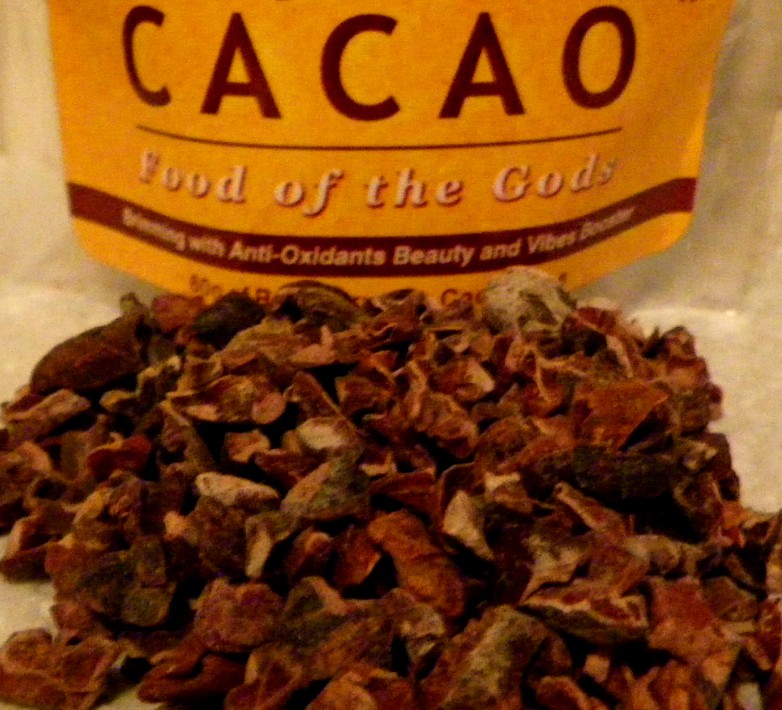Don’t eat this, eat plenty of that, and watch the weight fall off. Sound familiar? If you’ve been exploring weight loss options, you’ve likely encountered a tidal wave of conflicting advice. From quick fixes promising magical results to extreme diet plans that border on starvation, the world of weight loss can feel overwhelming and confusing. While some diets demonstrate initial results, often through fluid loss, many can be unhealthy or even dangerous in the long term. Let’s delve into the worst offenders and why they should be avoided.
Diets That Eliminate or Focus on Certain Food Groups
Examples of these restrictive diets include the Atkins Diet, the Cabbage Soup Diet, and extreme low-carb diet or vegan diets that eliminate essential macronutrients. While the allure of cutting out carbs, fats, or other macronutrients might seem effective, these approaches come with significant drawbacks. A healthy diet requires a balance of carbohydrates, proteins, and fats, along with vitamins and minerals to support overall health.
Eliminating an entire food group can lead to nutrient deficiencies and fatigue. For instance, low-carb diets can cause mood swings, low energy levels, and even ketosis—a metabolic state that may have adverse effects if sustained long-term. Similarly, single-food diets like the Cabbage Soup Diet are monotonous and unsustainable. The limited variety can quickly lead to palate fatigue and the inevitable temptation to binge, undermining any progress made.
Moreover, while initial weight loss might occur due to reduced calorie intake or water loss, this approach rarely supports long-term results. Once the diet becomes unmanageable, the pounds return—often with interest. For true, lasting weight loss, a diet must include a variety of foods that support the body’s nutritional needs while being enjoyable and sustainable.
The Truth About Cleansing or Detox Diets
“Rid your body of toxins in just three days!” Such claims are enticing, but they are often little more than marketing gimmicks. Popular detox diets like the Lemon Detox or the Master Cleanse promise miraculous results but are built on shaky scientific foundations. The reality? Your body already has built-in mechanisms for detoxification, courtesy of the liver, kidneys, and immune system. These organs work tirelessly to rid your body of harmful substances without the need for expensive cleanses or liquid diets.
Detox diets often involve consuming very few calories or relying on liquids, which might lead to temporary weight loss. However, this is primarily due to water loss and muscle depletion rather than fat reduction. Over time, such diets can cause fatigue, nutrient deficiencies, and a slowed metabolism. Instead of relying on extreme measures, a diet rich in whole, unprocessed foods and adequate hydration will support your body’s natural detoxification processes far more effectively.
The Pitfalls of Fasting and Extreme Calorie Restriction
Fasting diets, such as the Hollywood Diet, promise rapid weight loss by drastically reducing calorie intake. While this approach might seem logical, it’s often counterproductive. When calorie intake plummets, the body enters starvation mode, slowing its metabolism to conserve energy. As a result, the body becomes more efficient at storing fat once normal eating resumes.
Fasting can also be physically and mentally challenging, leading to irritability, fatigue, and intense hunger. These side effects increase the likelihood of binge eating, undoing any progress made during the fast. Furthermore, the weight lost during fasting is often water weight or muscle mass, not fat. This not only reduces overall health but also makes long-term weight maintenance even harder.
For sustainable weight loss, it’s essential to focus on gradual changes. Aiming to lose one to two pounds per week is realistic and supports healthy, lasting results. Extreme calorie restriction might offer a quick fix, but the physical and emotional toll it takes isn’t worth the fleeting benefits.
Finding a Diet That Works
The best diet isn’t a diet at all—it’s a sustainable approach to eating that supports both your physical and emotional well-being. Look for an eating plan that emphasizes balance, variety, and moderation. A successful approach should fit seamlessly into your lifestyle, enabling you to make healthier choices without feeling deprived.
Flexibility is key. Life is full of social events, family dinners, and moments of indulgence, and your eating habits should accommodate these without derailing your progress. A good plan encourages mindful eating and helps you develop a positive relationship with food. Rather than focusing on restriction, focus on nourishing your body with nutrient-dense options that keep you satisfied and energized.
The Bottom Line
Weight loss isn’t about quick fixes or extreme measures—it’s about creating a lifestyle that supports your health and happiness. Avoid diets that promise too much too quickly or require you to eliminate entire food groups. Instead, prioritize balance, flexibility, and sustainability in your approach.
Remember, meaningful change takes time. Be patient with yourself, and focus on building habits that you can maintain for the long haul. By choosing an approach rooted in health rather than restriction, you’ll not only achieve your weight loss goals but also enjoy a healthier, more fulfilling life.













